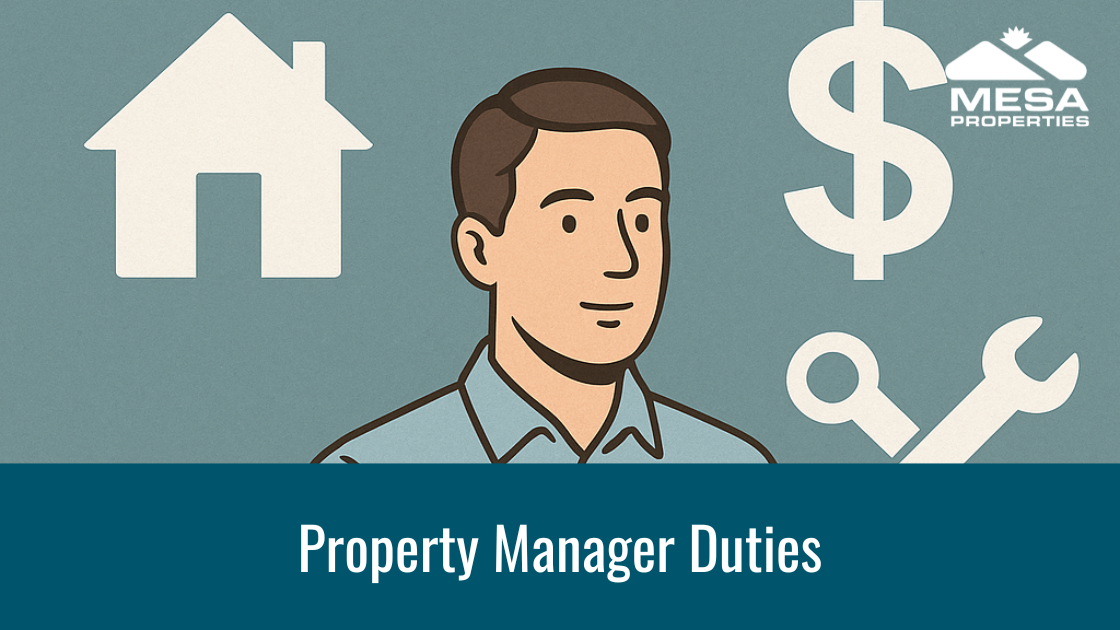The term “property management” refers to all the activities necessary to operate a rental property. These activities include filling vacancies, collecting rent payments, making necessary repairs, and evicting tenants who violate their lease agreements.
Whether you have one rental unit or 100 units, property management can be time-consuming and expensive. This is why some landlords choose to hire property managers instead of managing their own properties. Property manager duties include handling all of the financial, legal, and administrative aspects of operating a rental property, giving landlords the opportunity to make money without having to do a lot of hands-on work.
Rent Collection and Adjustment
If you do not have a property manager, you must take responsibility for collecting rent. Collecting rent is not always as easy as it sounds, especially if you didn’t screen your tenants thoroughly before allowing them to move in. If a tenant pays late or misses a payment, you’ll have to spend time making phone calls or writing letters in an attempt to collect the money owed to you. If tenants continue to avoid paying their rent, you might even have to spend money to send certified letters or take the non-paying tenants to court.
You must also be prepared to make rent adjustments based on market conditions. If you do not have enough knowledge about the rental market in your area, you might miss out on the opportunity to make extra rental income.
Advertising Vacancies
When a tenant moves out, you need to advertise the vacancy and fill it as soon as possible. It is possible to advertise a vacancy for free, but free sites don’t always yield the best tenants. If you decide to advertise in your local newspaper, it can cost several hundred dollars to place an ad. You also have to be prepared to answer a lot of questions about the vacant unit.
Screening Tenants
Screening tenants thoroughly is a good way to avoid the issues associated with problem tenants. At a minimum, you should contact a prospective tenant’s previous landlord to find out if the tenant has a history of paying rent on time.
Conducting a credit check can help you determine if a prospective tenant has the means to pay the amount of rent you are asking. Some landlords even conduct background checks so they do not rent to people with a history of committing violent crimes or other felonies. All of these activities are time-consuming, and there is usually a fee to conduct credit and background checks.
Property Maintenance and Repairs
As a landlord, you are responsible for maintaining your property so it is safe for tenants and their guests. You must perform regular maintenance activities such as cleaning the furnace, removing trash and debris from the property, touching up peeling paint, and cleaning the gutters. Depending on the terms of the lease, you might also be responsible for snow removal or lawn maintenance.
Landlords are also responsible for repairing problems with the interior or exterior of their rental units. You might have to replace a broken water heater, put in new flooring, fix problems with the central heating system, or repair plumbing problems. Without regular maintenance, there is a chance one of your tenants will experience a serious problem with the sewer or furnace, leaving you responsible for costly repairs.
Signing Lease Agreements
Leases spell out the terms of a rental agreement, protecting both landlords and tenants. Each time a new tenant moves into one of your units, you’ll have to draw up a new lease and have the tenant sign it.
Inspecting Rental Units
Conducting periodic inspections makes it easier to identify minor problems before they turn into major hassles. If you decide to manage your own property, you’ll have to conduct thorough inspections and make note of any necessary repairs. Conducting regular inspections also helps identify problem tenants, giving you an opportunity to take action before a tenant damages your property.
Legal Compliance
Every community has laws governing the landlord-tenant relationship. As a landlord, you must comply with these laws, or you risk being fined or sued in court. If you aren’t aware of the laws in your area, you are vulnerable to legal action.
Tenant Evictions
No matter how well you screen prospective tenants, there’s always a chance you will have to evict one for failing to abide by the terms of the lease. Many evictions are the result of non-payment of rent, but you might also have to evict a tenant for getting a pet without your permission, allowing someone to move in without notifying you, or causing substantial damage to your rental property. If you have to evict a tenant, you’ll spend a lot of time filling out the paperwork and attending court hearings related to your case.
Financial Management
Collecting rent is not the only financial responsibility you have as a property manager. You also need to set a budget for each rental property and do your best to limit expenses. If you are not adept at financial management, there is a chance you will make mistakes that reduce your rental income.You also need to account for your rental income on your tax return. Some landlords include this income on their personal returns, while others form limited liability companies or corporations to reduce their tax burden. The IRS allows you to deduct certain expenses from your rental income, but you must keep good records to ensure you take advantage of all available deductions.
Supervision of Contract Workers
Unless you have the knowledge to complete all repairs on your own, you’ll need to hire contract workers at some point. As a property manager, you are responsible for overseeing contractors and ensuring they complete their work on time and within your budget. You may even need to issue a 1099 tax form to each contractor at the end of the year.



